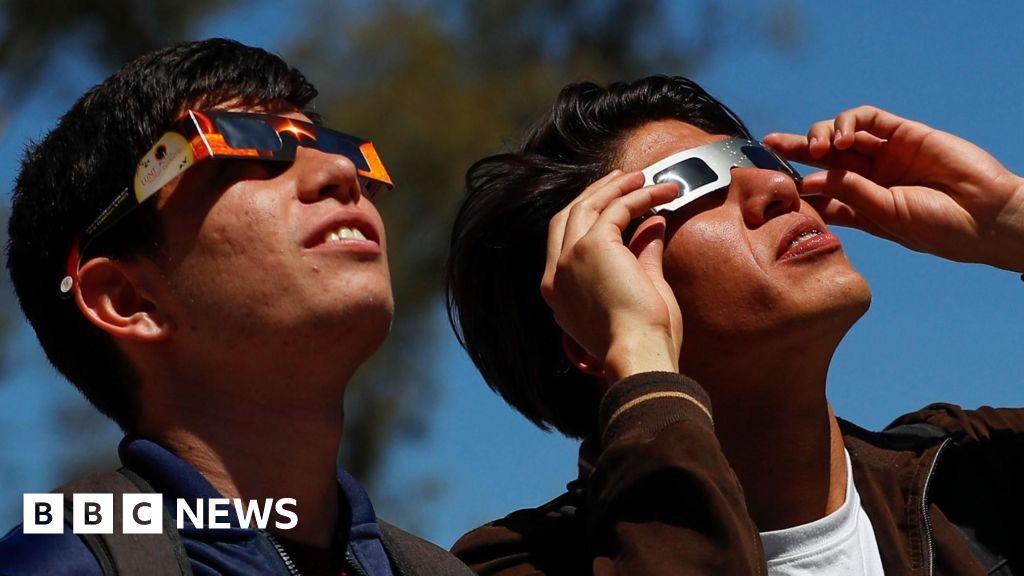'CHOPSTICKS' ROCKET CATCH BY ELON MUSK'S SPACEX WAS AMONG 2024'S BIGGEST SCIENTIFIC WINS

Elon Musk's SpaceX completed a historic test flight in October, landing its lower booster rocket on its launch tower - making it the first reusable and rapidly deployable rocket to go to the Moon and maybe even Mars. The achievement was described as a "huge leap" by leading brain specialist.
Meanwhile, scientists have mapped the fly brain for the most detailed analysis of the brain of an adult animal ever produced. The research, published in October, found that a fruit fly's brain has more than 130,000 wires with 50 million intricate connections.
Last month, archaeologists stumbled upon a lost Mayan jungle city while conducting environmental monitoring using laser survey techniques. Known as Valeriana, the ancient metropolis had pyramid temples, sports fields and amphitheatres - sparking excitement among historians and archaeologists alike.
The northern white rhinos' survival hopes have been boosted with the successful transfer of a lab-created embryo into a southern white rhino surrogate mother - marking the world's first IVF pregnancy for this endangered species.
GLOBAL CONSERVATION SUCCESS, BUT MORE WORK LEFT
Despite the dire prospects of climate change and human activity driving nature loss, scientists report that conservation actions are effective in reducing global biodiversity loss. A ten-year study across dozens of countries and oceans confirmed that conservation measures led to a positive effect in two out of every three cases - offering "a ray of light" for animal and plant conservationists.
Millions of people witnessed the spectacular total solar eclipse, while researchers discovered hundreds of seedlings sprouting from the Sycamore Gap tree that captured hearts around the globe with the film "Tolkien".
These achievements are a testament to scientific progress in 2024, which will be remembered as a pivotal year for groundbreaking discoveries and breakthroughs.
